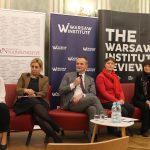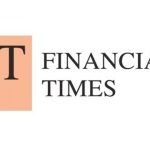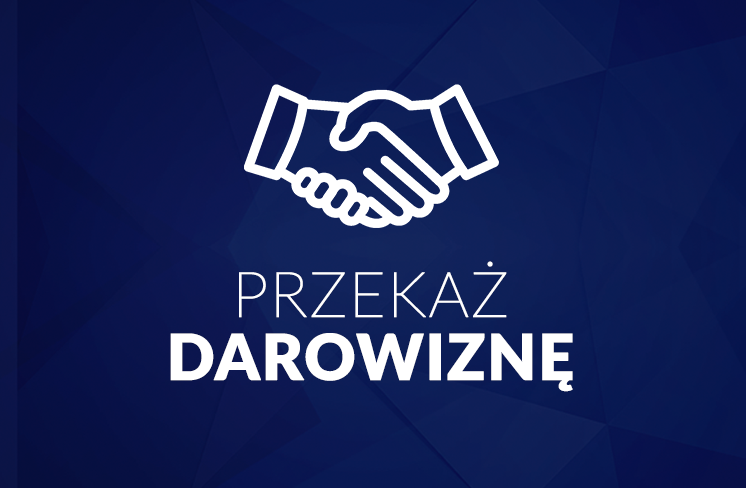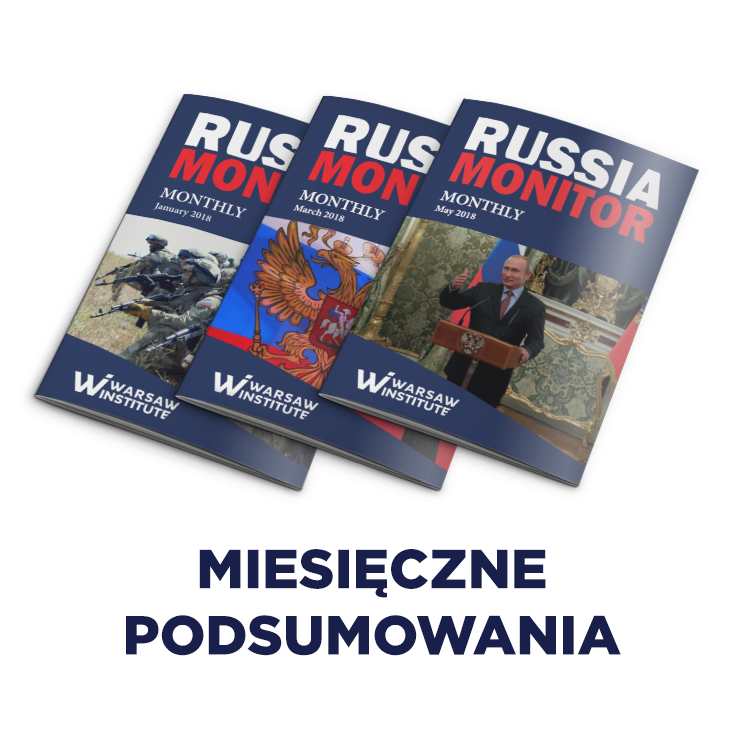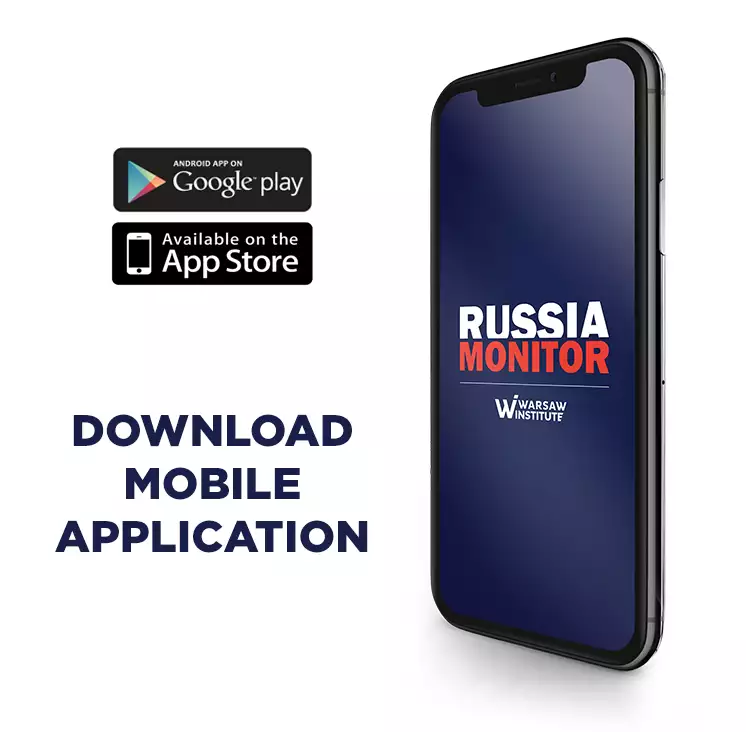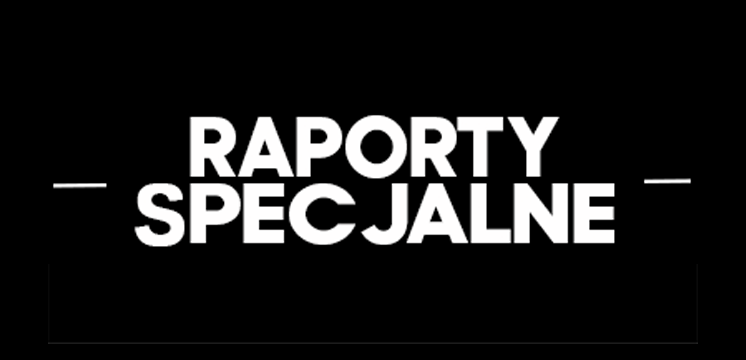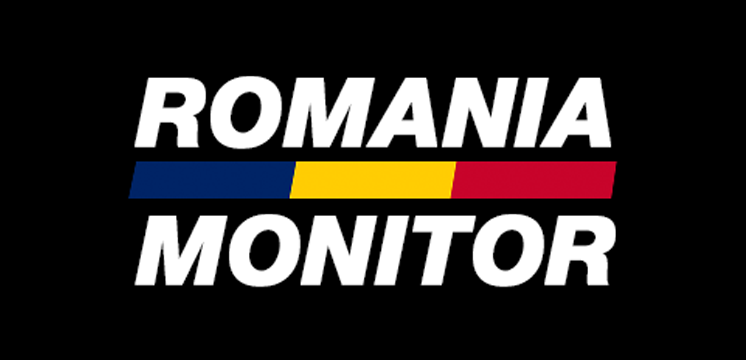EVENTS
Data: 12 December 2019
New Polonia: mobility, identity and action in the digital age – expert debate and report premiere
On the evening of 11 December 2019, at the University of Warsaw’s Faculty of Information Journalism and Bibliology building, a unique and remarkably important event took place, featuring a panellist debate titled “New Polonia: mobility, identity and action in the digital age”. The meeting was organised in accompaniment to the presentation of The Warsaw Institute Review (WIR)’s latest report: “In pursuit of utopia. Poles in the world, Poland in the eyes of the world”. The event was attended and filmed by a team from TVP Polonia.
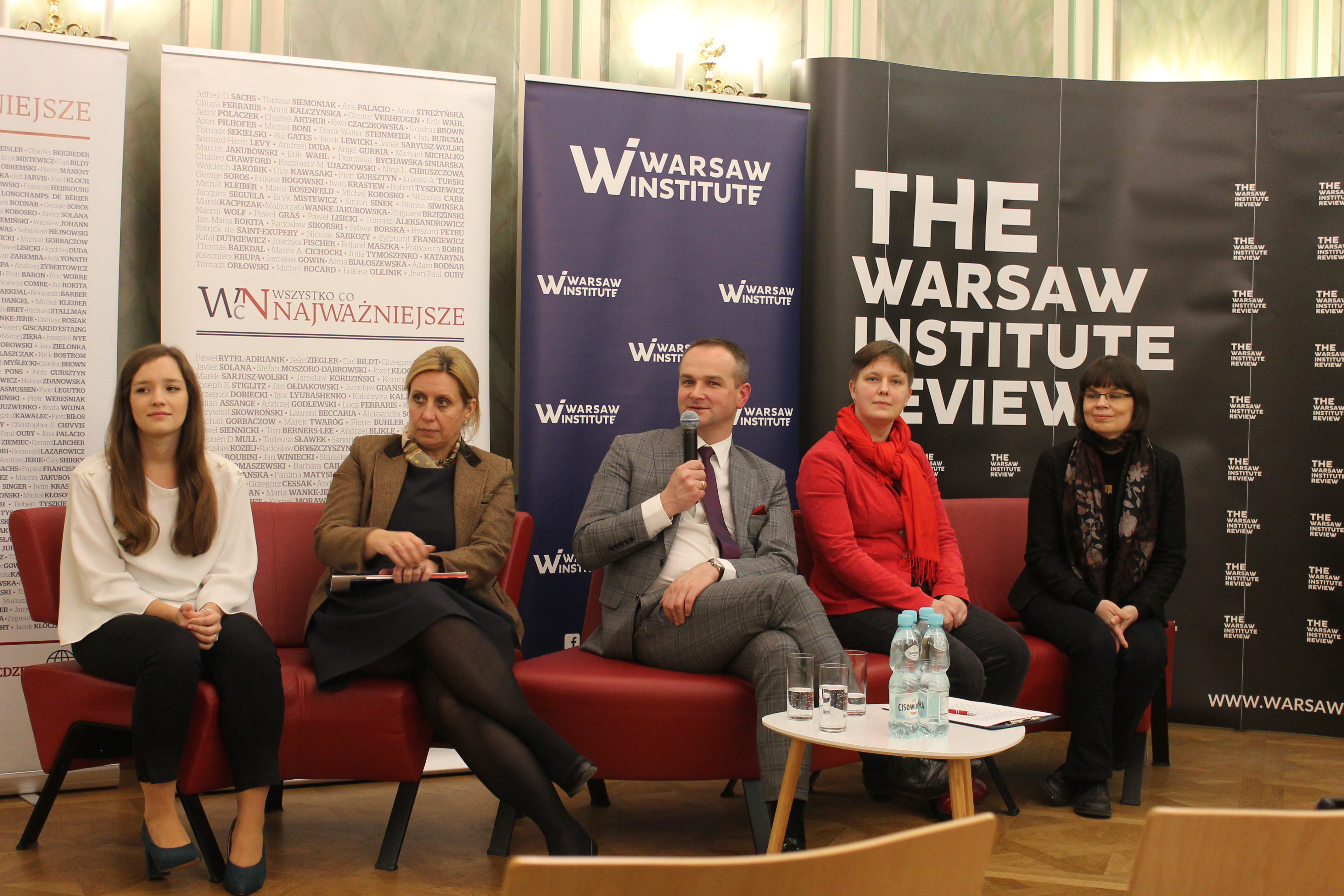
Ms Julia Grzybowska, Warsaw Institute (WI) Events Coordinator and author of the report of the newly published report, opened the session. In her remarks, she displayed a refined blend of humour and seriousness, she underlined the significance of Polonia across the world in their impact on the reputation of Poland and Poles on the international arena, as ambassadors of their country of origin and heritage. This notion, as well as the other most pertinent theses of the report, including: the recurrent lack of resources regarding compatriots living abroad and abundance of difficulties, both structural and substantive, in determining the exact number of Poles abroad, were aptly put into context of today’s evolving situations. Based on her extensive research, hindrances encountered along the way, and the analysis-derived conclusions, Ms. Julia Grzybowska prepared a series of recommendations and suggestions on how to care for the Polish community and ways to promote the Polish brand in the world more effectively.
The strategic partner of this event, which together with WI and WIR that was an organiser of the event, was Wszystko co Najważniejsze (WcN), an editorial paper featuring broadly understood topics, as is the responsibility of young people in Poland. On behalf of the WcN editorial board, the debate was also opened by Mr. Mateusz Krawczyk.
Check out the TVP Polonia video report from the event
Moderator Rafał Zgorzelski, Expert of the Warsaw Institute
Following the opening remarks, the event’s moderator, Dr. Rafał Zgorzelski – a renowned political, historical and economic analyst and esteemed veteran expert of the Warsaw Institute – introduced the session’s debate phase by emphasising the seriousness of the topic and the much under-appreciated need to talk about how to help the Polish community. Dr. Rafał Zgorzelski has time and time again demonstrated his skills as a moderator, with his own version of a savvy combination of humour and serious undertones, avid engagement of the audience, and this session was no exception. His conversation direction focused in on efforts necessary to create and continually shape the image of Poland abroad in the best way, fighting against harmful stereotypes and highlighting our country’s rich cultural and historical heritage. These endeavours, the discussion’s moderator elaborated, have a two-pronged yet mutually-reinforcing approach, because they can increase the number of tourists and companies visiting and settling in Poland, but also encourage emigrants to return to their homeland, where their knowledge and experience help in improving the quality of life of Poles in Poland.
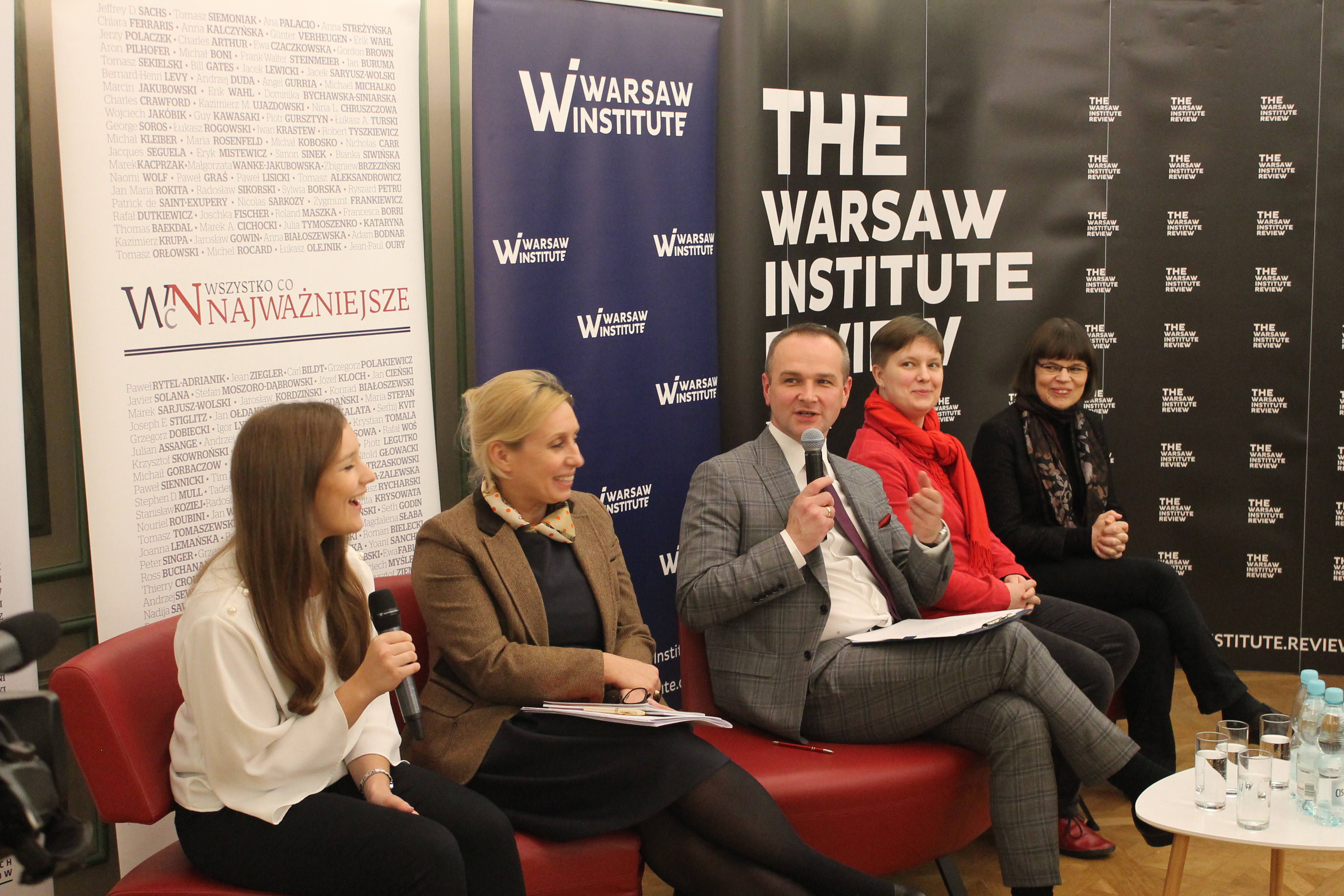
Professor Joanna Wojdon from the Historical Institute of the University of Wrocław
Poles in the United States protested against being treated as a Polish diaspora. This is very important, because it is one of the few cases when the interested parties themselves openly protested against being recognized as Polish diaspora – as explained by Prof. Joanna Wojdon. Thus, they wanted to emphasize their separateness from Poland and the fact that they feel primarily as Americans, but with Polish roots. This is a significant declaration, especially considering that Polonia abroad is a very complicated group, which in most cases goes beyond the framework by which it is attempted to define it – the Professor at the University of Wrocław added. Often, people from the outside perceive the Polish community as a social group, but people qualified for such may disagree with this assignment. This is another challenge that both governmental organizations such as Embassies and Consulates as well as media and cultural institutions promoting the spirit of Polishness outside Poland have to deal with.
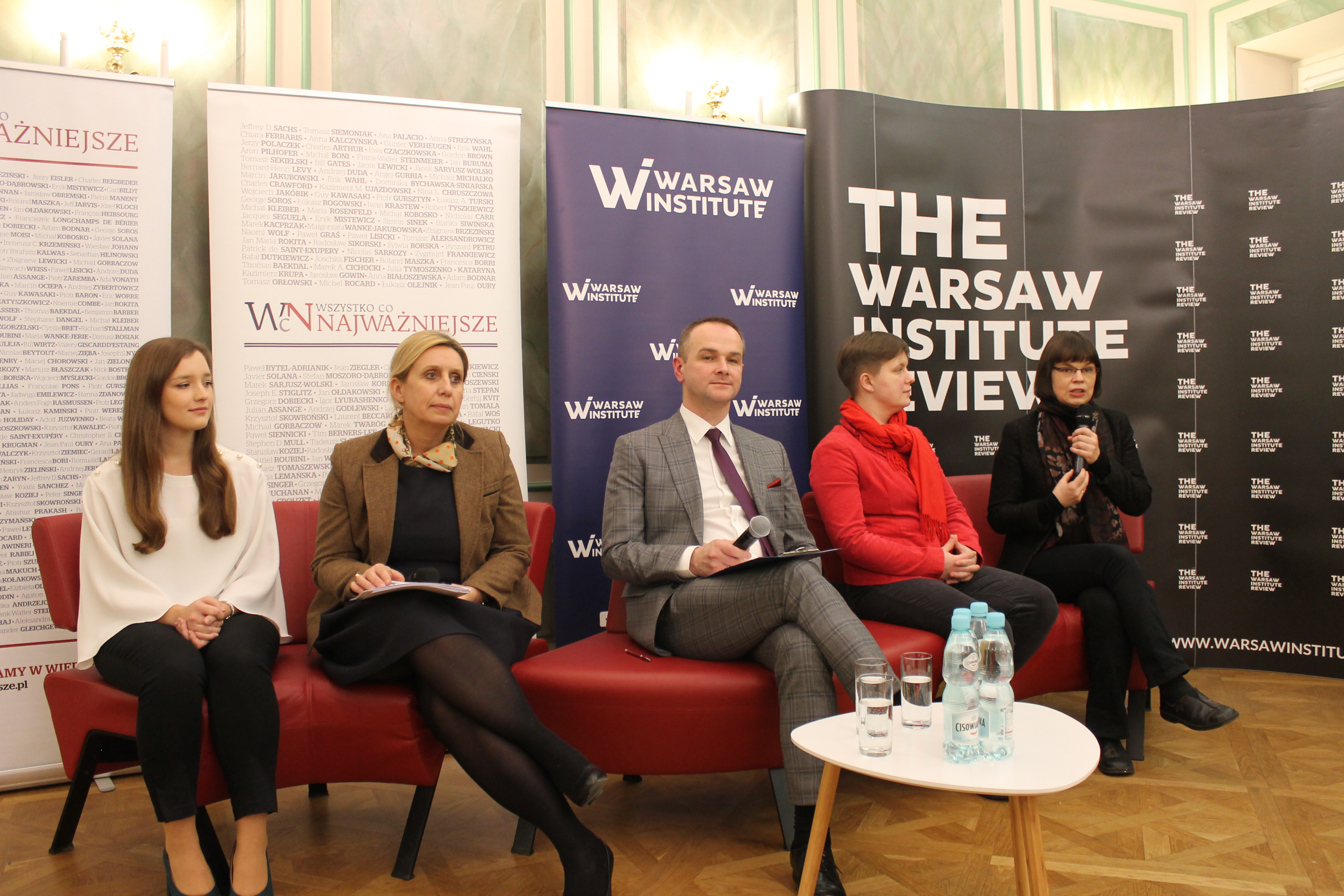
Professor Monika Przybysz from the University of Cardinal Stefan Wyszyński in Warsaw
Professor Przybysz devoted a considerable portion of space in her addresses to ways in which Poland can be promoted by reaching the largest possible audience. At this point, Professor Przybysz emphasized the need to follow technological trends in order to reach young people around the world as effectively as possible. Although the Polish community press and events organized by embassies at their headquarters are extremely effective ways of reaching Polonia, it is only a certain group, both age and social. To reach young people, open to social media and information channels that go beyond the standard framework of promotional activities of Ministries and official institutions. The most important are, of course, Facebook and Instagram, but also even more innovative and not-so-popular media like the Tik Tok application, which currently attracts more youth than ‘classic’ social media.

Ms. Iwona Kozłowska, Director of the Department for Cooperation with Polish Diaspora and Poles Abroad at the Ministry of Foreign Affairs of the Republic of Poland
Insights from Director Kozłowska, putting into context the perspectives and role of the Ministry of Foreign Affairs of the Republic of Poland, thoroughly examined the persisting lack of a broader discussion about the Polish diaspora, as is illustrated by unabundant events and reports of matter. Hence, this event in which the Director participated, and its accompanying report, demonstrated the fine-tuning of topics addressed. As such, events and reports such as these, are a pivotal starting point to drive an increasingly broader and popular discussion about Poles living abroad. The shortage of focus on the Polonia is remarkably disproportionate to its significance in the world.
Building on from this, Director Kozłowska focused on the ways in which the Ministry of Foreign Affairs and the cooperating Polish diaspora organizations could encourage Polish citizens and persons of Polish origin living abroad to promote Poland and Polish culture. After all, the Ministry having a Department having a specifically allocated on this matter attests to the importance placed on it. Embassies and Consulates, whose entire network is oversighted by the Polish Ministry of Foreign Affairs, are the first go-to and also the most pivotal instruments in the arsenal of promoting Poland abroad. The Embassies, coordinating the vast majority of cultural and promotional events, focusing and working closely with numerous Polish diaspora organizations. Intriguingly, however, is how Poles abroad naturally and amiably build relations with other diaspora groups, often including features of several other cultures in Polish-organised culture events and programmes. The roles of skilled Consules, ‘Karta Polaka’, and accumulating as many of the boundless and unique Polonia stories merits optimism for future undertakings of such.
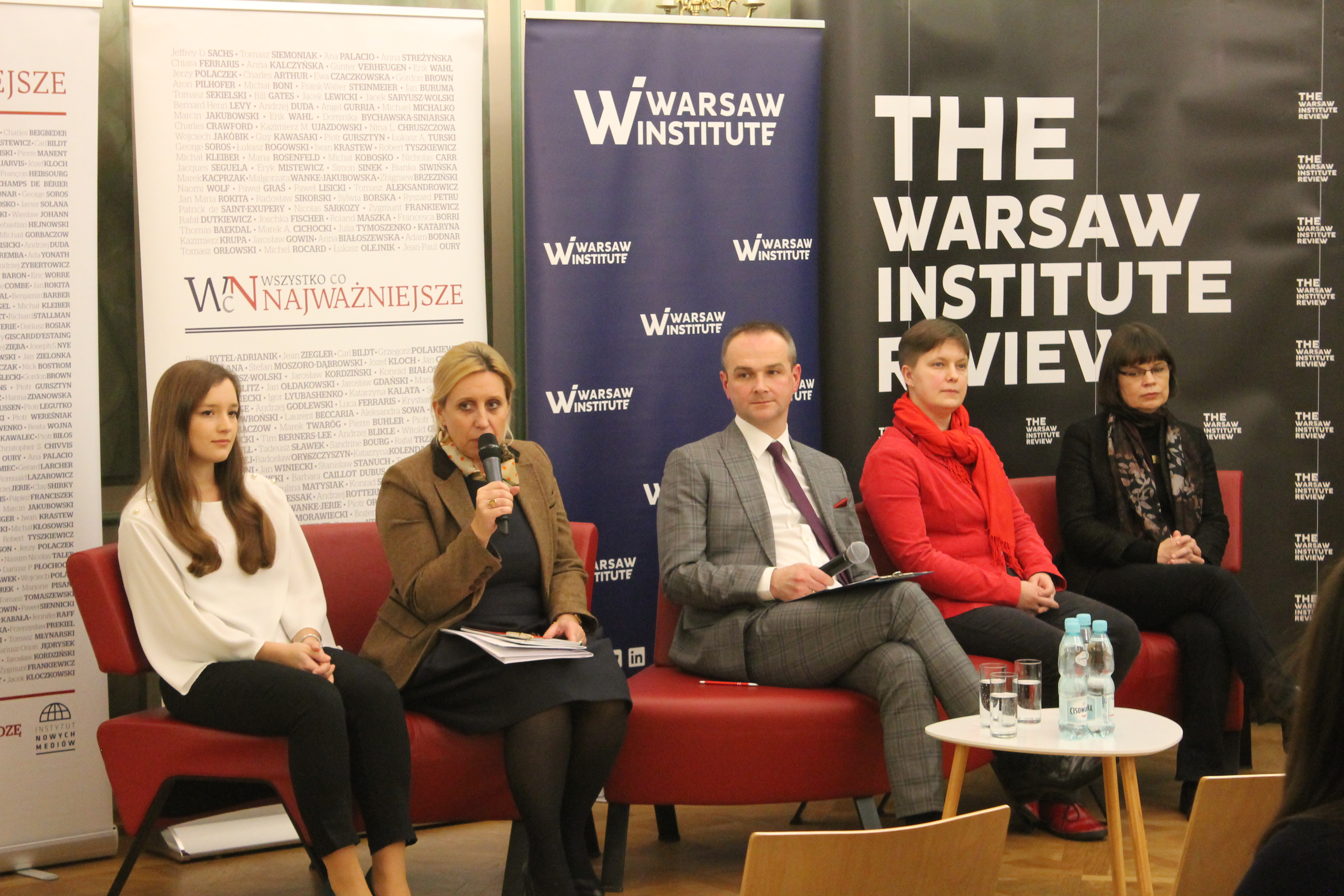
Ms. Monika Zielinski, Editor at Poland Today
Ms. Monika Zielinski, having being born in the United States, and whose parents are immigrants who left Poland some years ago, illuminated the characteristics the Polish community in the United States to the audience. Equipped with her personal example, Monika referred to the matter raised by Professor Wojdon, about the peculiarity of the Polish diaspora in the United States and a strong cut off from describing it as Polonia, even despite the large and keen interest in Poland’s affairs, both abroad and within the country. In Monika’s case, family ties with Poland were always remarkably strong, she spoke Polish at home and was always up to date with events in her homeland. This shows why certain differences exist between Poles abroad, and how difficult or perhaps even counterproductive it is to overly classify them in any uniform manner.

Summing up the discussion, the panel participants and the moderator asserted that it is imperative that Polonia and its potential should be explored both at an increased frequency and depth than before, and event-report combinations such as this one are aptly doing just that. It makes the notions importance more attractive to the media and the target audience. At the same time, it signals to those in media and state structures the necessity to be open to modern technologies and means of communication – going beyond the standard framework to not fall behind, adapting in a healthy and rational manner to the trends of what is popular is among young people. These elements are mutually-reinforcing, complementary, and above all, necessary.
After the substantive part of the meeting, the attendees, organisers and presenters had opportunities for networking over refreshments. The event, attended by the TVP Polonia television team, was followed by TVP Polonia interviewing the Director of the Department of Cooperation with Poles and Poles Abroad at the Ministry of Foreign Affairs of the Republic of Poland, Ms. Iwona Kozłowska, and the Warsaw Institute expert, Dr. Rafał Zgorzelski, both conveying savvy commentary and insights.
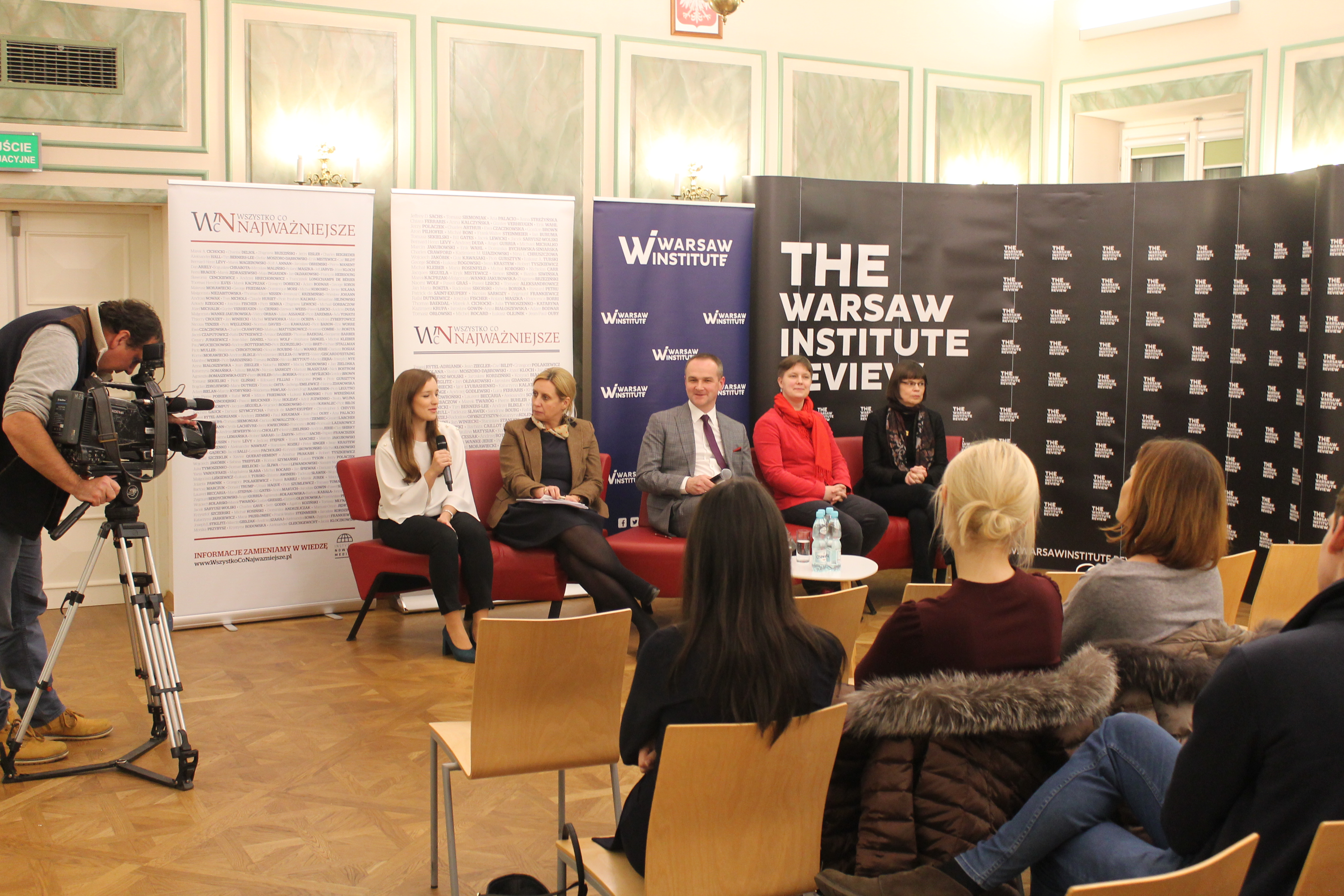
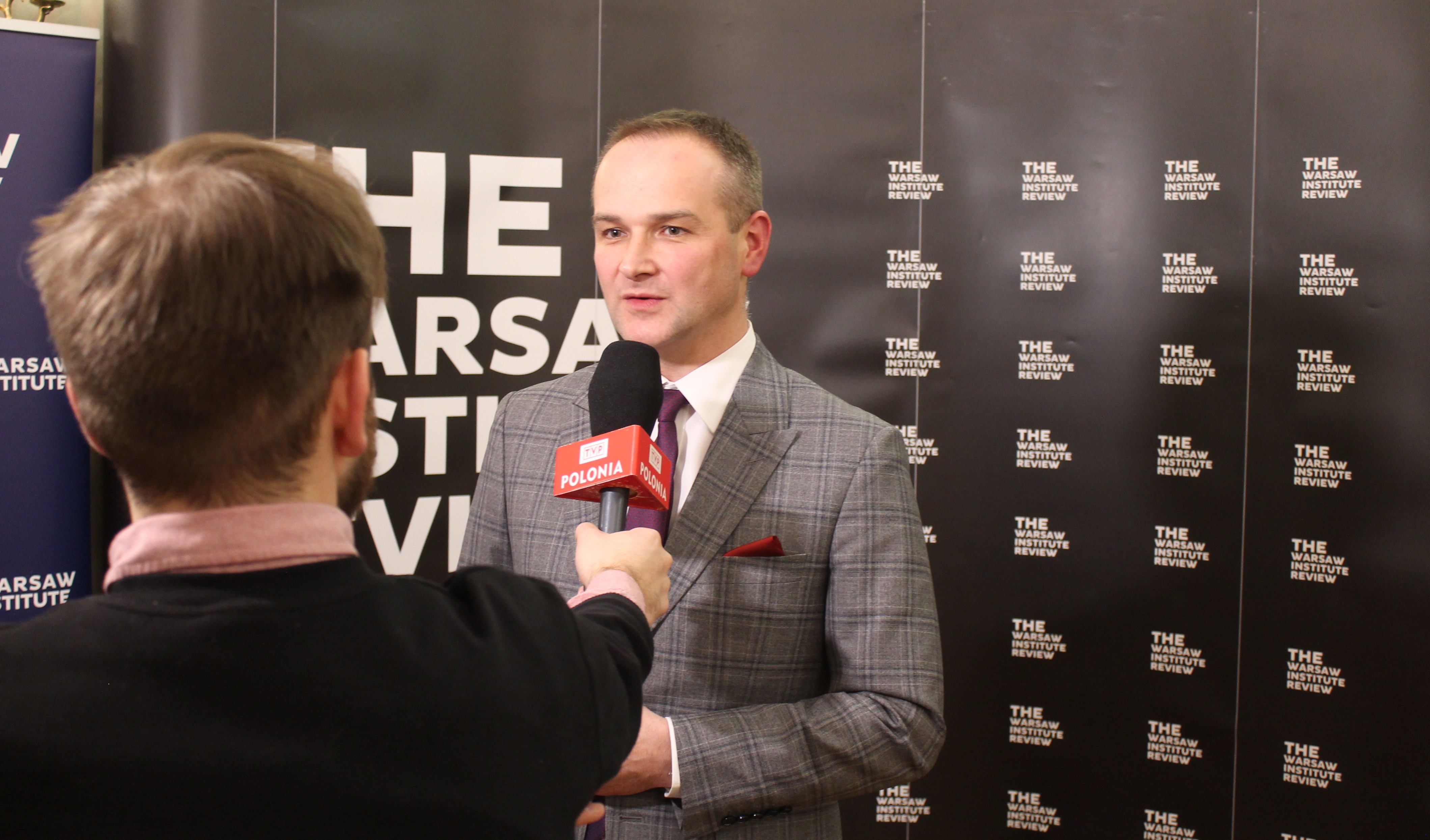
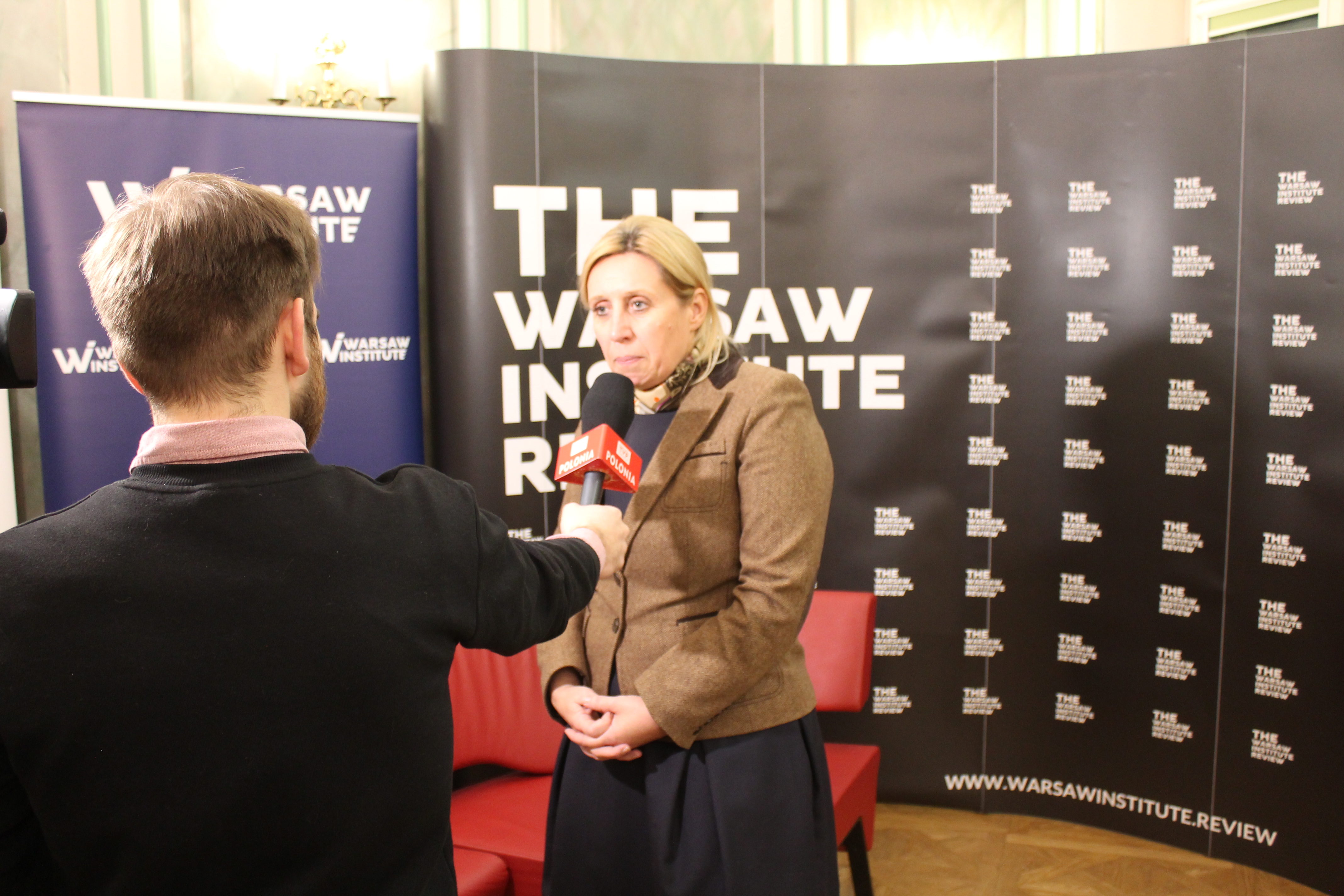
Wszystkie teksty (bez zdjęć) publikowane przez Fundacje Warsaw Institute mogą być rozpowszechniane pod warunkiem podania ich źródła.

